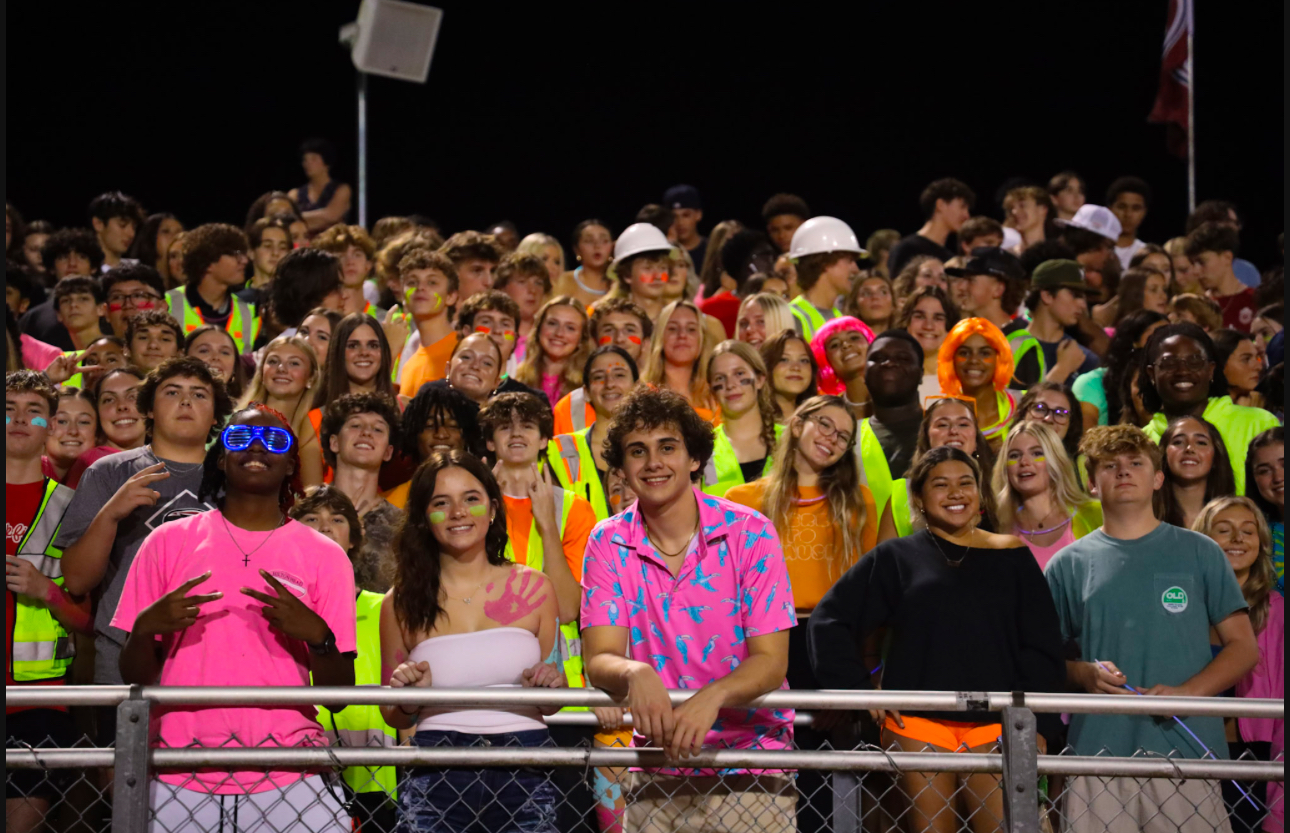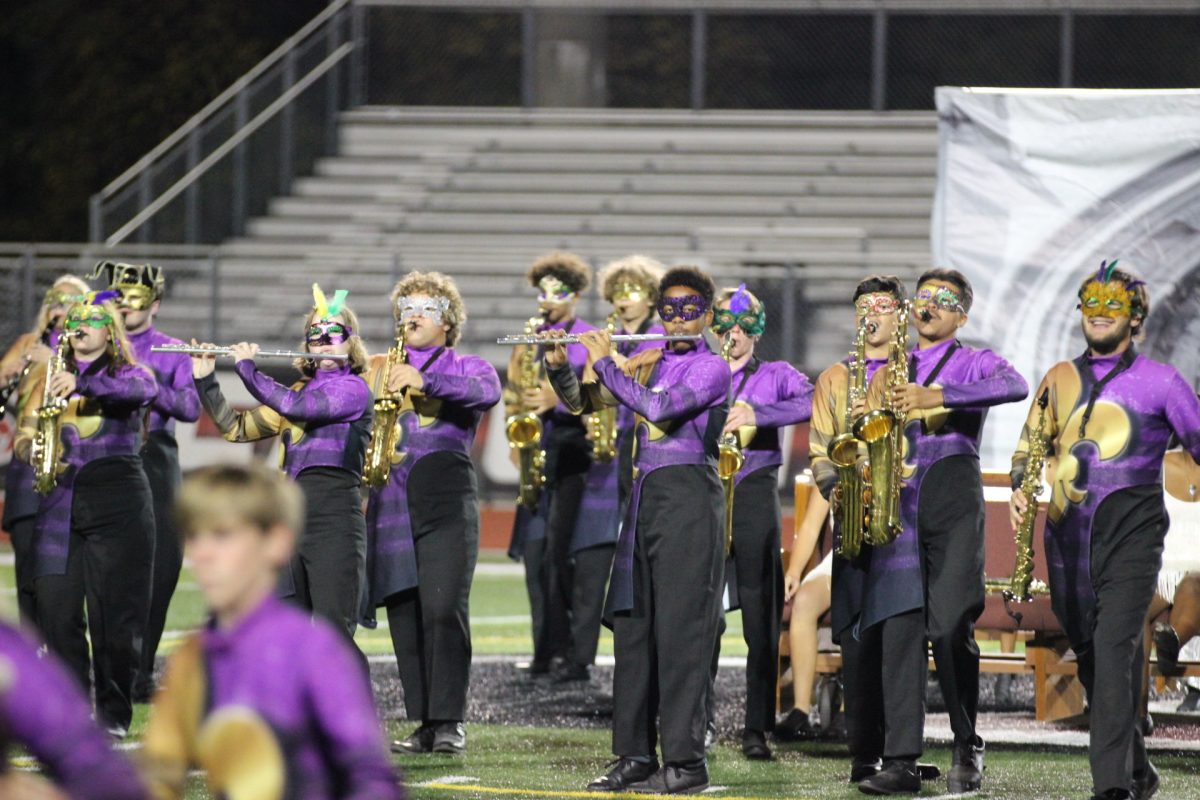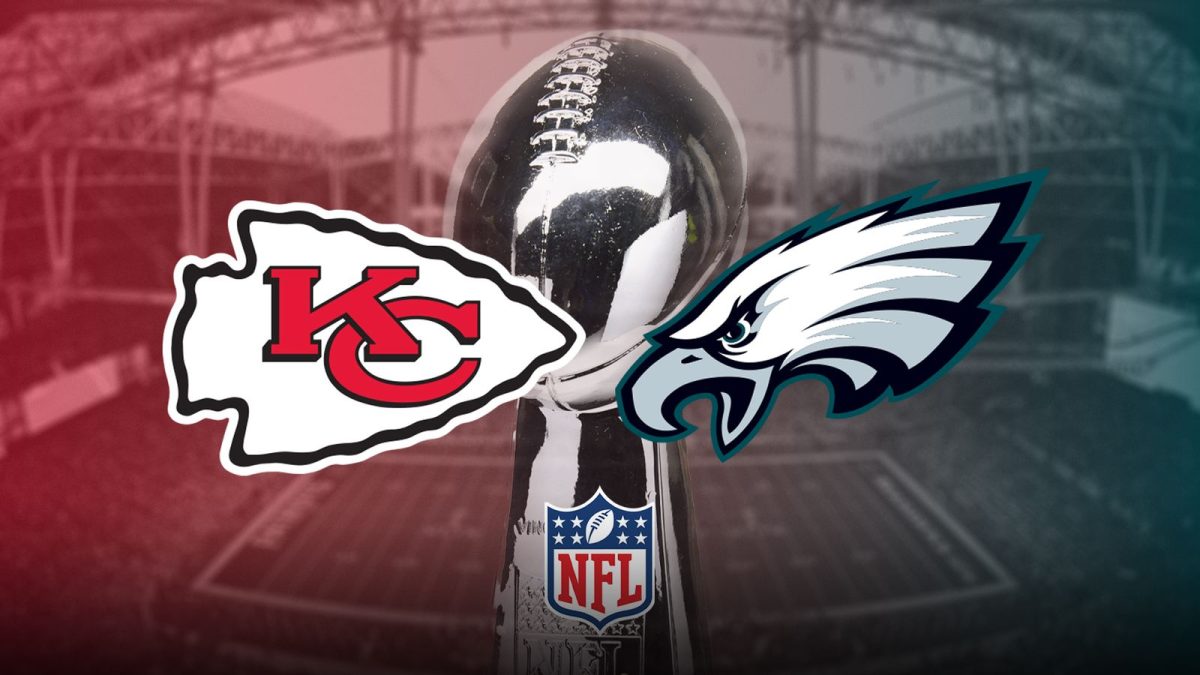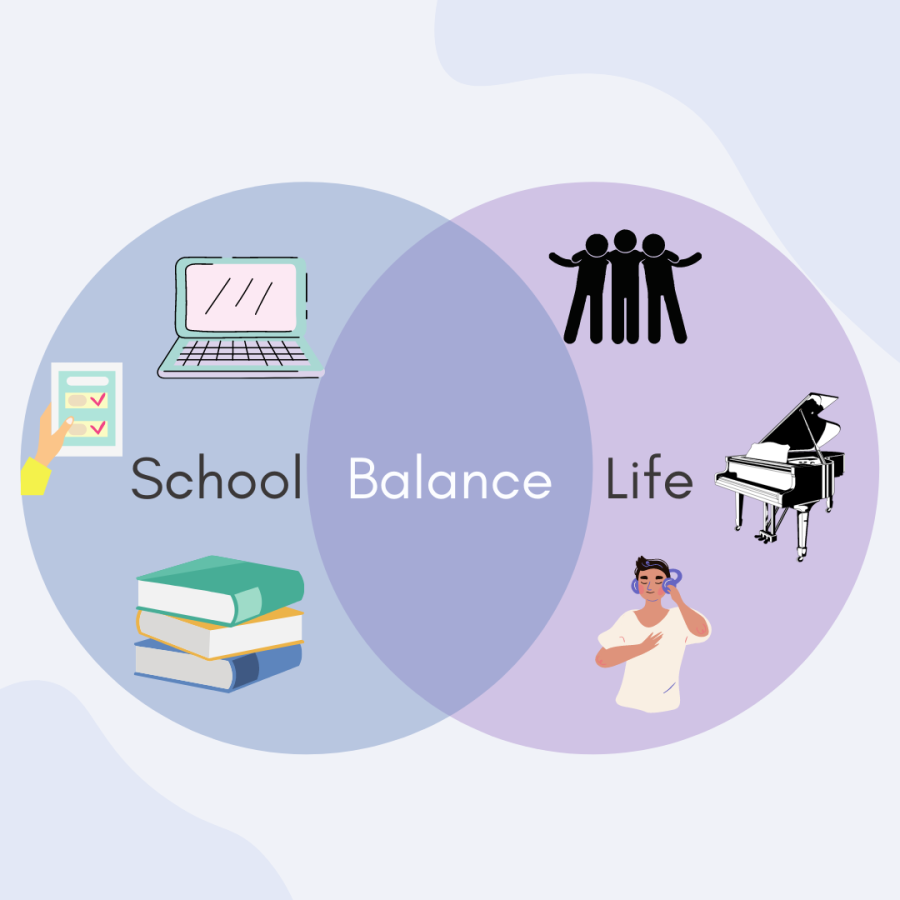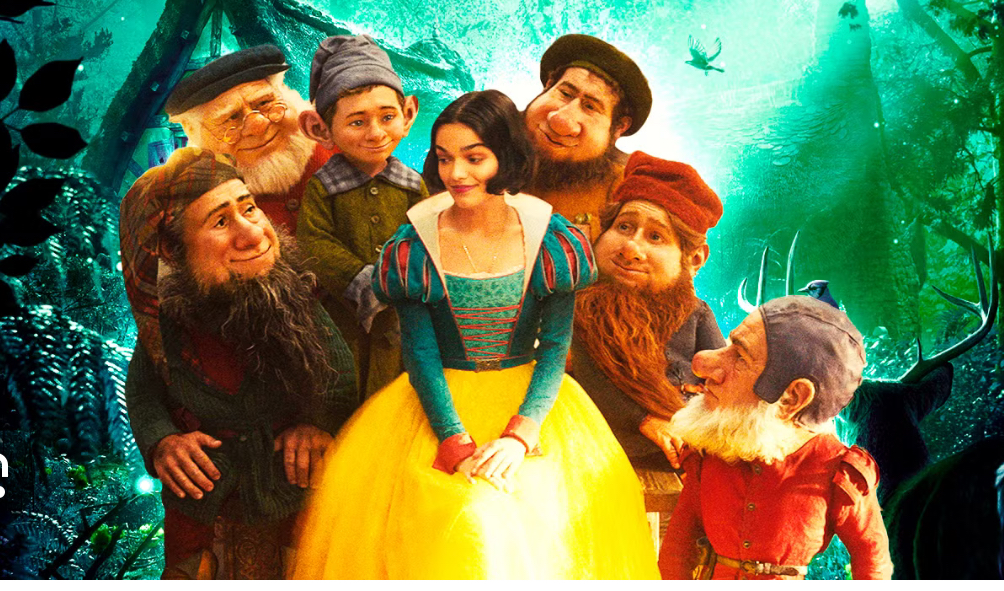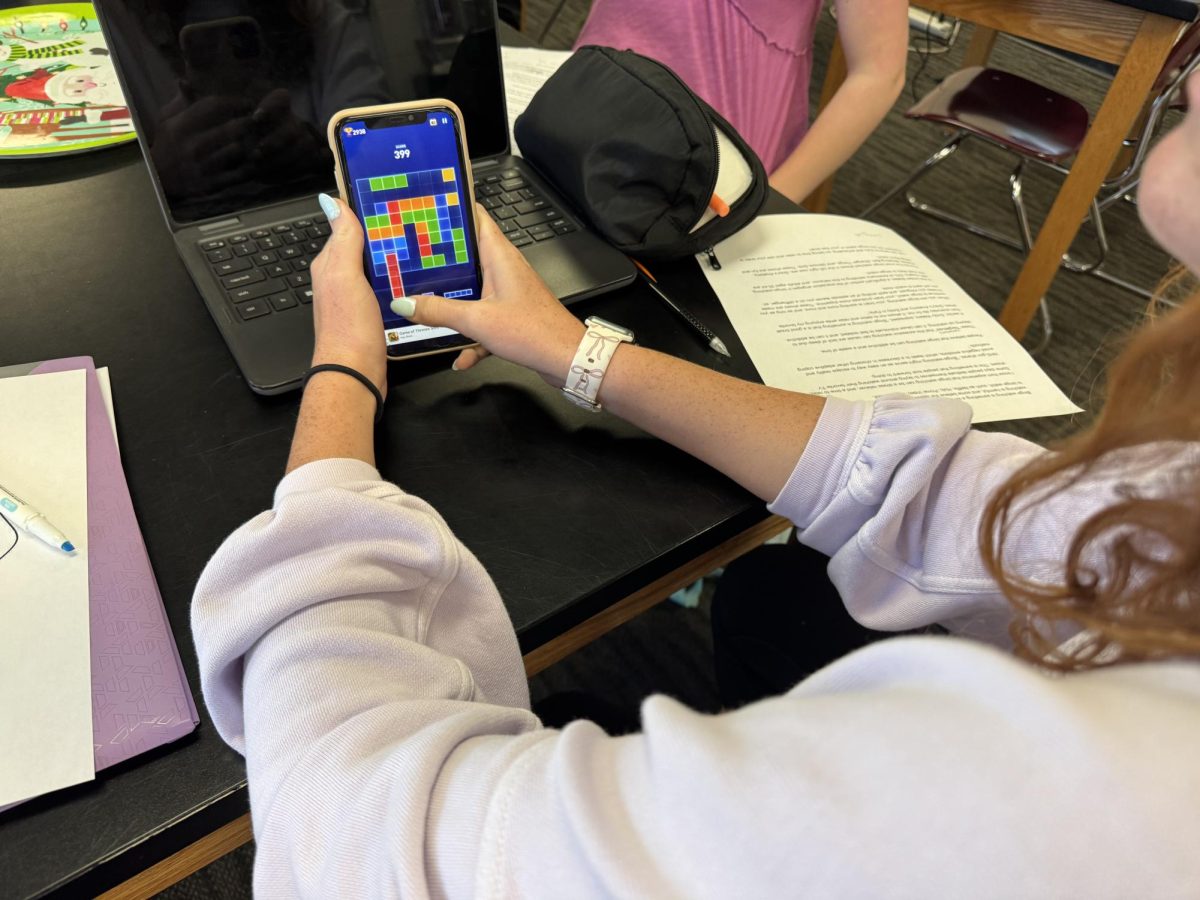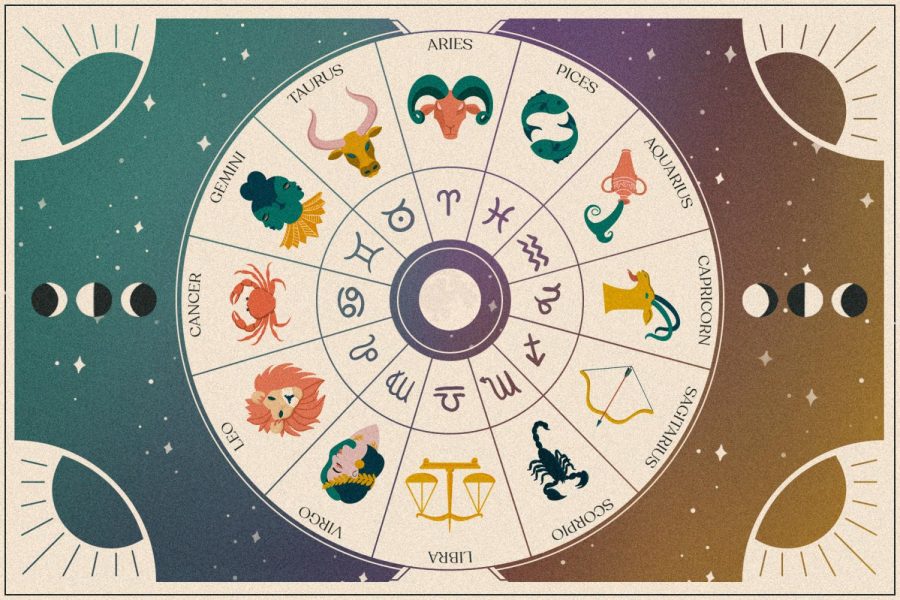Is Astrology Real?
October 27, 2021
Recently, astrology has become very popular, attracting a large community of believers from all around the world. Originating mostly online, the resurgence of astrology has also caused some pushback. Many claim that astrology is just made up, while others swear by it.
According to a recent survey of 34 people, 26 percent of students at Carolina Forest report believing in astrology. On the other hand, 44 percent of students report not believing in astrology, while 29 percent report being unsure of their beliefs. Additionally, 56 percent of students report that they feel their zodiac sign accurately represents them. Based on these numbers, we can tell that astrology is a very divisive belief. Many people don’t know where they fall, and many more seem to be polarized on their opinions.
So, to settle the question, I’ve done some research and tried to figure it out: is astrology real?
To answer that question, we need to first understand what astrology is and where it comes from. In short, astrology is a belief system that the movements of the stars and other celestial bodies have real effects on the behaviors of humans and other events on Earth. In astrology, there are 12 signs that people fall into depending on their time of birth, called zodiac signs. These signs and their names come from constellations in the sky first named and observed by the Babylonians.
So, there’s the question: do these star constellations really affect our behaviors and personality? It’s undeniable that the movements of the sun, moon and planets affect events on Earth. For example, many people know that the moon affects the tides.
According to an article titled “Is Astrology Real? Here’s What Science Says” on Quick and Dirty Tips, there is no scientific evidence for astrology. The article discusses a 1985 study where 30 astrology experts were asked to predict people’s personalities based on their astrology charts without meeting them in person. When given three personality descriptions, one real, and the other two describing different people, the astrologers were only able to correctly match the personality descriptions to the correct astrology charts one-third of the time. In other words, it came down to random chance.
This argument reflects one student’s beliefs about astrology, as they say: “I believe that we shouldn’t base our lives off gas in the air.”
However, according to the American Federation of Astrologers, this may not be as important as people think. In an article titled “History of Astrology,” the AFA makes two arguments in favor of astrology. The AFA argues that astrology wouldn’t have persisted throughout the centuries if it weren’t real, and that the symbolic importance of zodiac signs allows us to have a “…deeper understanding of ourselves and of events.”
Another student echoes this sentiment, saying: “[I believe in astrology] because my zodiac sign is so responsive [and] explains me very well, and I believe it helps to find a soulmate and explains your life.”
Overall, there are many different sides and perspectives in regards to astrology. Personally, I don’t believe in it, but I think it’s important to recognize that the value that these beliefs provide to other people are often more important than the actual scientific truth of them.
Sources:
1: “Is Astrology Real? Here’s What Science Says” quickanddirtytips.com
2: “History of Astrology” astrologers.com
